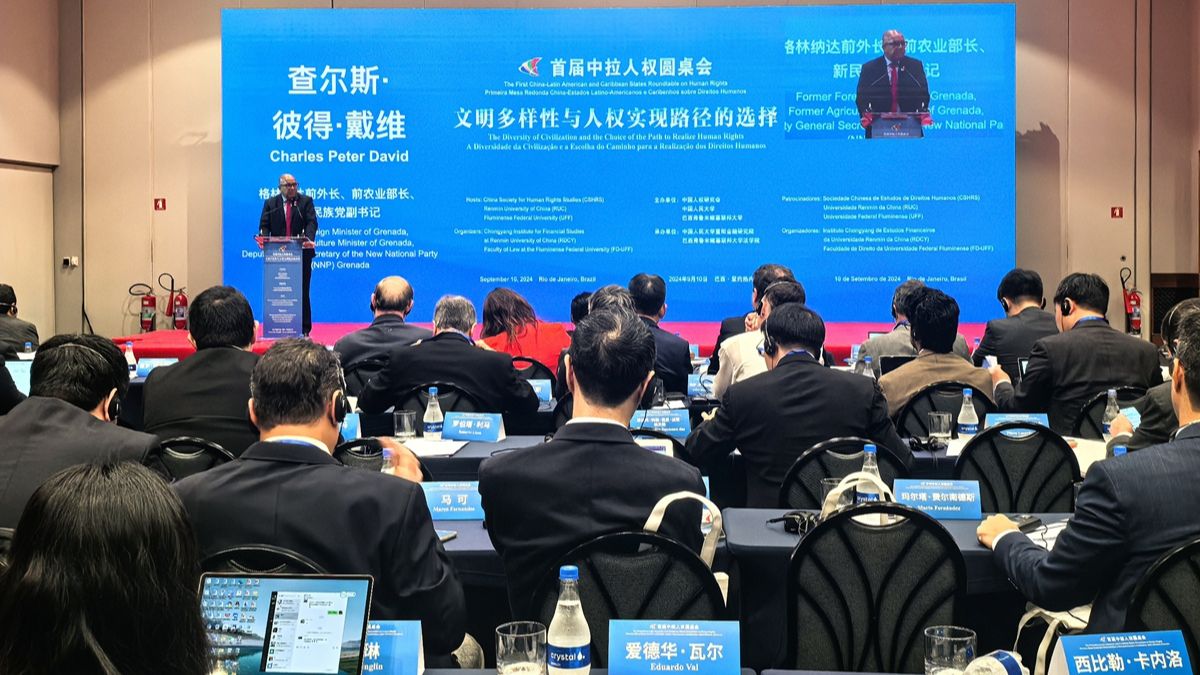The First China-Latin America and Caribbean (LAC) States Roundtable on Human Rights convened in Rio de Janeiro on Tuesday, with over 120 officials, scholars, and representatives from 17 countries engaging in discussions. The event was held against a backdrop of hegemonism, power politics, regional conflicts, economic slowdown, and climate change, all of which threaten human rights globally.
The event, co-hosted by the China Society for Human Rights Studies, Renmin University of China, and Fluminense Federal University, aimed to establish a mechanism for dialogue between China and LAC countries.
The roundtable, which commemorated the 10th anniversary of President Xi Jinping’s vision for a shared future between China and Latin America and the Caribbean, as well as the 50th anniversary of diplomatic ties between China and Brazil, aimed to strengthen cooperation on human rights. Participants, including Shu Hongshui from Northwest University of Political Science and Law and Fernando Estenssoro from the University of Santiago de Chile, shared insights on the impact of global powers on human rights. Shu emphasised China’s commitment to a rule-of-law approach in counter-terrorism efforts, while Estenssoro criticised the US for using human rights as a pretext for geopolitical manoeuvres, referencing historical and contemporary examples of interventionism.
The roundtable’s discussions highlighted the need for a collective approach to human rights, free from Western-imposed models. Evandro Menezes de Carvalho from Fluminense Federal University called for an end to the political exploitation of human rights and stressed the importance of focusing on socioeconomic development and peace.
A research report released at the event underscored the potential of China-LAC cooperation as a model for the Global South, advocating a more balanced and inclusive global order. The partnership is seen as a means for developing countries to forge their own paths to progress, countering Western hegemony and promoting equitable human rights practices.

